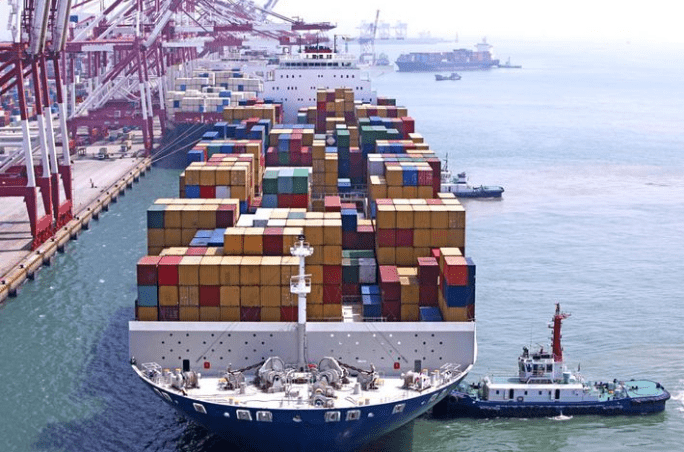After two highly profitable years for container carriers, the market is shifting into a post-pandemic normality, says Sea-Intelligence.
While the fourth quarter of 2022 gave a first glimpse into what this might look like, the first quarter of 2023 was the first quarter where the carriers’ operating profits took a real hit. This continued into the second quarter of 2023, with the combined earnings before interest and taxes (EBIT) dropping by 90% year-on-year to a little over US$3 billion.
“None of these shipping lines were able to sustain their EBIT/TEU figures in 2023, with the largest 2023-Q2 EBIT/TEU recorded by OOCL of US$305/TEU. In contrast, the smallest EBIT/TEU in 2022-Q2 was US$1,377/TEU,” Sea-Intelligence said.
It said Maersk with US$207/TEU, Hapag-Lloyd with US$298/TEU, and ONE with US$137/TEU all recorded EBIT/TEU within a much narrower range of US$130-300/TEU.
However, ZIM recorded a negative EBIT/TEU of -US$195/TEU, which means the shipping line lost US$195 for every TEU that it moved in the second quarter of 2023.
A major reason for the decline in profitability is the decrease in freight rates, which fell by 48% to 67%, according to shipping lines’ data. The drop in box volumes also played a role in the lower profits.
“What is surprising, however, is that ZIM, one of the only two shipping lines to record an EBIT loss, grew their volumes 0.5% globally, and by roughly 13% on both Transpacific and Asia-Europe,” CEO of Sea-Intelligence, Alan Murphy, said.
